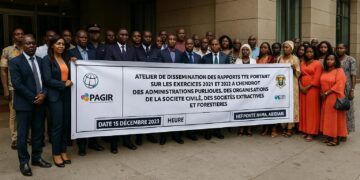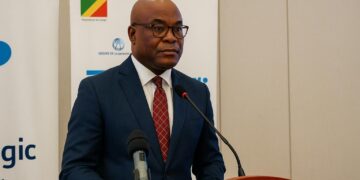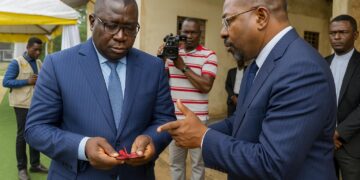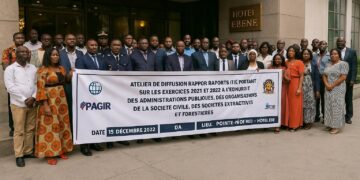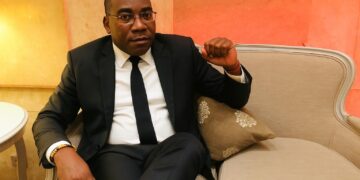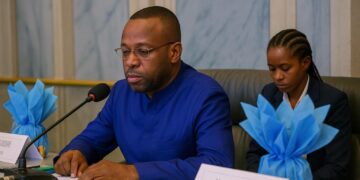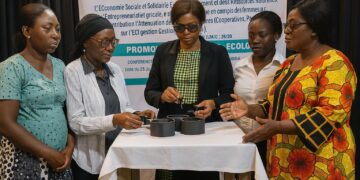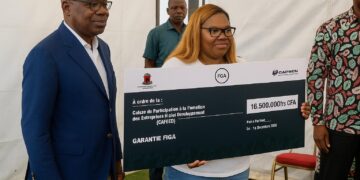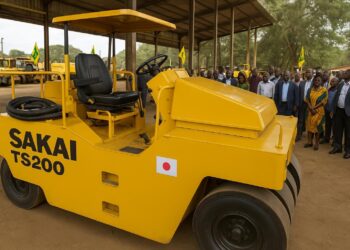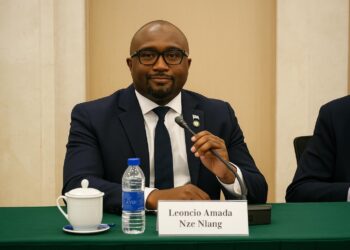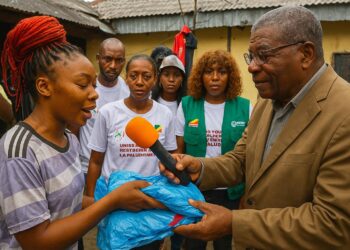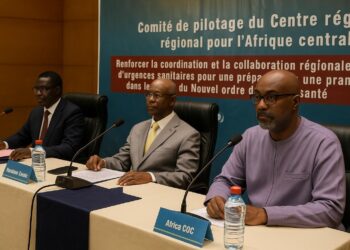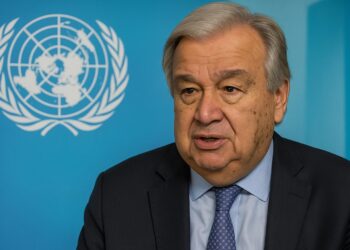Paris as a Global Francophone Forum
With the gilded salons of the French National Assembly as backdrop, the Assemblée parlementaire de la Francophonie celebrated its semicentennial session before an audience exceeding two hundred legislators. The symbolism of meeting in Paris, cradle of the language yet now only one node among many on the Francophone map, underscored a recurrent theme: French is no longer exported; it is co-owned. According to the Organisation internationale de la Francophonie, the community already counts about 320 million speakers and could pass the 700 million mark by mid-century, largely propelled by demographic dynamics in Africa. Delegates therefore approached the anniversary less as a nostalgic commemoration than as strategic stock-taking of a multilingual, increasingly polycentric space.
Congolese Parliamentary Diplomacy in Focus
Congo-Brazzaville’s delegation, fronted by National Assembly President Isidore Mvouba, embraced what one adviser called “quiet projection”—an approach that foregrounds constructive proposals rather than declaratory grandstanding. Congolese lawmakers co-sponsored a motion encouraging peer-to-peer exchanges between francophone committees on budgetary transparency, an area where Brazzaville seeks to showcase recent procedural reforms supported by the Economic and Monetary Community of Central Africa. Several participants privately welcomed the initiative as evidence that Central Africa is ready to share, and not only seek, governance expertise.
Language Preservation Meets Digital Disruption
Artificial-intelligence translation engines occupied almost as much airtime as traditional cultural programs, revealing a collective anxiety: Can French flourish on platforms designed primarily for other major tongues? The Congolese caucus argued that algorithmic bias risks marginalising regional variants such as Francité congolaise unless datasets are diversified. A resolution passed in committee urges member parliaments to create open linguistic corpora, a step the Congolese government already piloted through its National Research Institute. Analysts from the Institut de la francophonie numérique suggested that such initiatives can move the debate from lamentation to leverage.
Security Cooperation against Transnational Extremism
The Sahelian crisis inevitably permeated hallway conversations. While the APF is not a defence alliance, legislators recognised that parliamentary channels can expedite information sharing on radicalisation patterns. Congo’s experience in community-based disengagement programs along its northern corridor was cited as a modest but transferable model. The plenary adopted a recommendation to institutionalise a Francophone early-warning network that would complement existing African Union mechanisms rather than duplicate them.
Economic Convergence and South-South Trade
Economic dossiers received perhaps the most pragmatic treatment. The International Organisation for La Francophonie’s economic observatory estimates intra-Francophone trade potential at an additional 165 billion dollars annually if tariff and logistical bottlenecks were eased. Congolese delegates highlighted the recent Brazzaville port modernisation, financed through a public-private partnership, as a catalyst for future riverine trade with Kinshasa and Bangui. A working group will draft uniform customs guidelines, an exercise in which Congo’s customs administration pledged data-sharing support.
Youth, Citizenship and Counter-Radicalisation
Mindful that demographic growth skews youthful, the assembly endorsed a framework on citizenship education grounded in cultural pluralism. Congolese parliamentarians pressed for curricula that valorise multilingual realities rather than impose a single linguistic hierarchy. Their argument resonated with Canadian and Belgian colleagues who face similar classroom debates. Pilot programs, to be overseen jointly by UNESCO chairs and national education ministries, aim to launch next academic year, budget permitting.
From Ceremony to Implementation
Anniversaries can risk self-congratulation. Yet the fiftieth plenary closed with an uncharacteristically tight calendar: each adopted resolution must report measurable progress by the next session in Cotonou. For Congo-Brazzaville, the agenda represents an opportunity to translate multilateral rhetoric into calibrated domestic action, reinforcing President Denis Sassou Nguesso’s longstanding emphasis on linguistic diplomacy and regional stability. Whether the collective commitments mature into policy will depend less on the rhetorical flourishes of Paris than on budget lines and political will across eighty-four capitals. Still, the session’s measured optimism suggested that the Francophonie, at mid-life, retains both the appetite and the instruments for renewed relevance.





